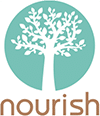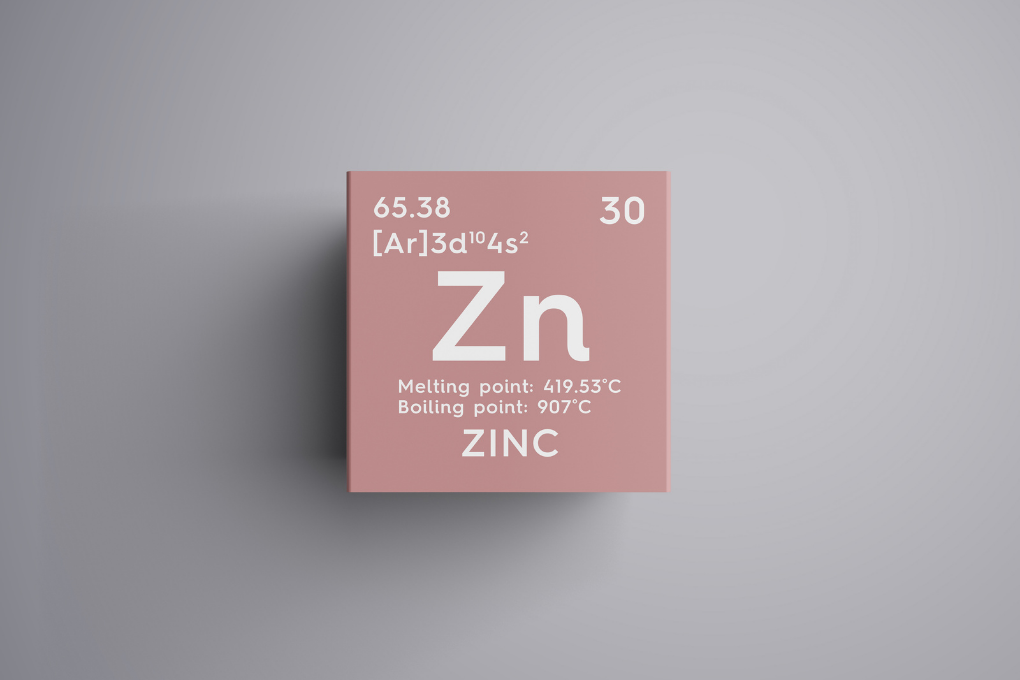Nutrition
7 Supplements to Help Stop Sugar Cravings in Their Tracks
Do you find yourself reaching for sugar-laden snacks all the time? If so, you’re not alone. Many people struggle with sugar cravings on a daily basis. While we always suggest looking at ways to improve diet first, supplements can be a great way to help stop sugar cravings in their tracks. In this blog post, we will discuss 7 of the best supplements to help stop sugar cravings. Keep reading to learn more!
Protein
Protein-rich foods help to stabilise blood sugar levels and prevent sugar crashes. After a sugar crash, people tend to feel very tired and lethargic which causes them to reach for more sugar. But by eating a protein-rich diet you may be able to prevent these sugar cravings.
In fact, studies have found you can slow the release of sugar into the bloodstream by eating a high protein food alongside a sugary or high carbohydrate food. By stabilising the release of sugar, you should be able to sustain energy levels throughout the day and prevent yourself from reaching for more sugar.
Chromium
Chromium is a mineral that helps regulate blood sugar levels by increasing insulin sensitivity. Some studies have found that chromium improves insulin resistance and glucose tolerance which means it may be beneficial for people who suffer from diabetes or other sugar-related issues. However, these studies are still conflicting.
For instance, one large study of 62,000+ people found that those who were supplemented with chromium had a significantly reduced risk of type 2 diabetes. Whereas other studies have found there was no improvement in sugar levels.
Chromium has also been looked at for its use in improving mood! Studies have shown that supplementing with chromium may help reduce symptoms of depression. They also found that it may help with eating-related symptoms of depression and possibly help with carb cravings.
Gymnema Sylvestre
Gymnema sylvestre is a herb native to India and has been used medicinally since ancient times. Gymnema has traditionally been used as a sugar substitute, but recent studies have suggested that it may also reduce the appetite for sugar by suppressing the taste buds’ ability to sense sweet flavours.
One study found that gymnema sylvestre was able to reduce sugar cravings by up to 22%! This study also found that the group which was supplemented with gymnema ate 21% fewer servings of their favourite chocolate! So, if you’re looking for an all-natural way to reduce your sugar cravings, Gymnema Sylvestre may be the herb for you!
CoQ10
CoQ10 is an enzyme that is naturally produced in the body. But it is also available as a supplement and may help sugar cravings by improving one’s energy levels. CoQ10 works by helping the mitochondria in our cells produce energy. When we have more energy, we’re less likely to reach for sugar-laden snacks.
Studies have found that supplementing with CoQ10 may help the body metabolise carbohydrates and glucose more effectively. As a result, this may help prevent sugar crashes.
Magnesium
Magnesium is an essential mineral and is required for over 200 processes in the body. It is naturally found in foods but often we find it hard to get enough of this particular mineral from our diets alone. This is primarily due to our modern-day living but also because many soils in which we grow our fruit and vegetables are magnesium deficient.
The body requires magnesium for:
- supporting muscle and nerve function
- promote healthy bones
- improve exercise performance
- helping decrease depression and anxiety
- and for energy production
It is also essential for sugar metabolism and has been shown to improve blood sugar control in people with diabetes. It may also help reduce sugar cravings, especially for those who tend to eat a lot of processed foods.
Chocolate cravings in particular have been linked to magnesium deficiency. This is most likely because chocolate is high in magnesium. When the body is low or deficient in a particular mineral, it can cause the body to crave foods that are high in what it needs. So if you are finding yourself reaching for the chocolate a lot, maybe magnesium supplementation is the way to go for you.
Zinc
Zinc is another mineral that is essential for the body and is involved in many different processes. These include:
- helping to create DNA
- maintaining a healthy immune system
- repairing wounds
- and manufacturing proteins
Zinc has also been shown to be important for sugar metabolism. One study showed that zinc supplementation was able to improve blood sugar levels, insulin sensitivity and reduce liver damage in people with type II diabetes.
Another study showed that zinc deficiency may play a role in sugar cravings. They found that when people who were deficient in zinc supplemented with it, their sugar cravings decreased significantly!
Zinc is found naturally in foods, however often we don’t eat enough of these foods to sustain our levels. Foods high in zinc include :
- animal proteins such as red meat, poultry and seafood
- beans and legumes
- nuts and seeds
Vitamin Bs
B vitamins are essential for our body to function properly and they’re important for energy production. But some people don’t get enough through their diet alone. This may cause them to experience energy crashes throughout the day leading them down the path of sugar.
Vitamin B-12 for instance is found naturally in foods such as animal proteins and eggs, but many people are still deficient. Vegans and vegetarians are especially at risk of Vitamin B-12 deficiency due to the lack of animal products in their diets. For people who choose a plant-based diet, it’s a good idea to ensure you eat enough vegetables high in B12 such as seaweed, spirulina and chlorella. It might also be worth supplementing with a good quality B vitamin complex.
Conclusion
Sugar cravings are common and there are many things you can do to help reduce them. But if these sugar cravings keep occurring, it may be a good idea to consider supplementation as an option for you. But like with any supplementation, we recommend speaking with a healthcare professional first or our own in-house Nutritionist!

Alex Shepherd
Pharmacist
This blog post was written by Alexandra Shepherd, holistic pharmacist at Nourish Health.





